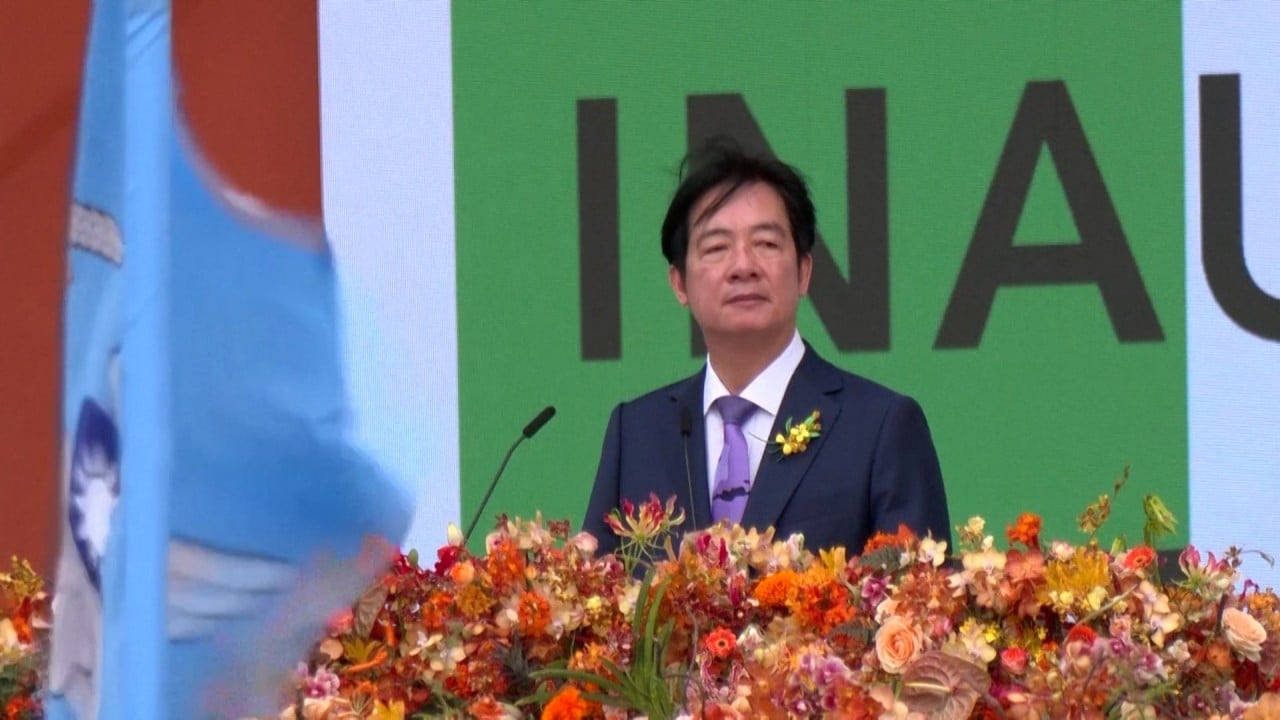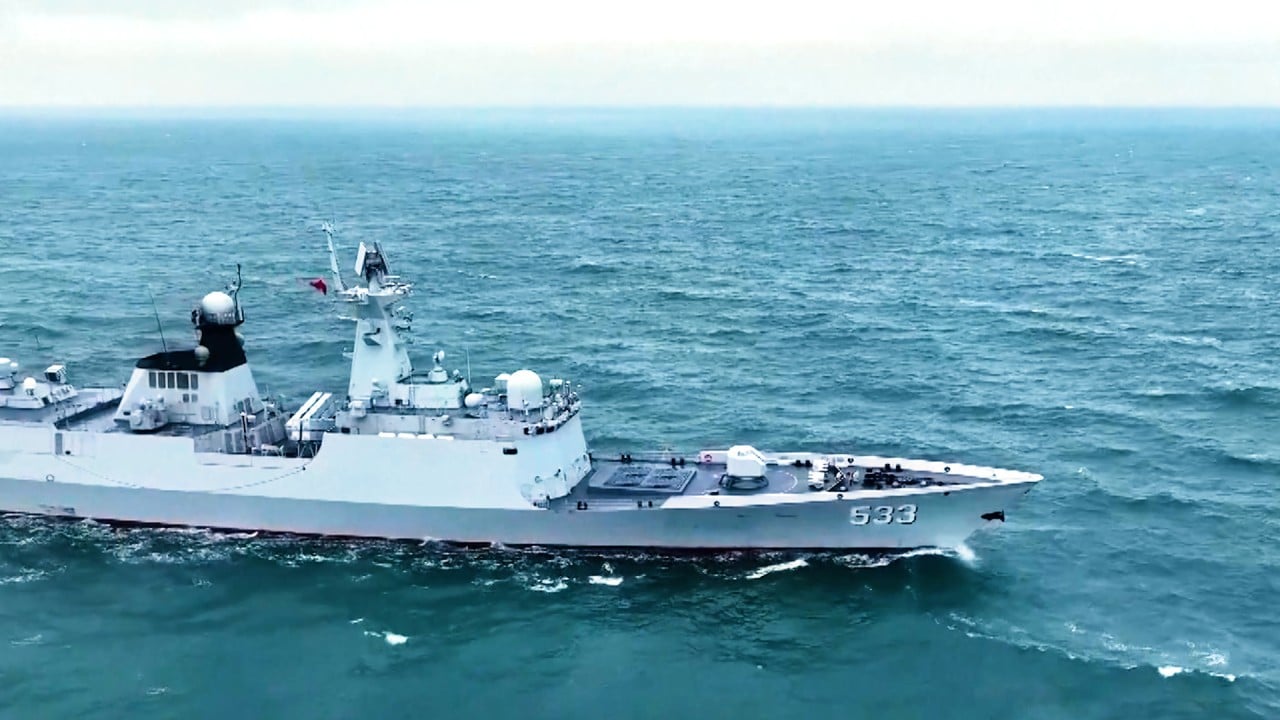
Mainland China to be tested by Taiwan under William Lai, with global view of cross-strait policies on the line: analysts
- Many cross-strait assumptions ‘should be thrown out of the window’ as things change at ‘surprising speed’, former KMT lawmaker tells virtual seminar
- Mainland academic says Beijing’s main challenge is to ‘limit international sympathy’ for Taiwan and ensure there is no tapping of ‘status quo change’
“Lai’s persona. It’s something that we really need to be very careful about,” Lei told a digital seminar hosted by the think tank Centre for Globalisation Hong Kong on Thursday.
Lei, who worked with then fellow lawmaker Lai from 2005 to 2008 – when his Democratic Progressive Party (DPP) was in power – characterised the new leader as “a very strong-headed and very seasoned politician”.
She pointed to how his inauguration speech had paid homage to the theory of Taiwan’s 400 years of historical roots, used by the ruling DPP for international lobbying on Taiwan’s distinct identity and its connection to the world.
The “accelerated tensions” and unstable situation across the Taiwan Strait – underlined by the newly launched military drill – could potentially lead to “an exodus of high-net-worth individuals and companies from Taiwan”, said Lei, who serves as an independent director at a Taipei-based finance company.
Beijing sees Taiwan as part of China to be reunited by force if necessary, and most countries do not recognise Taiwan as an independent state.
These include the United States, though it is opposed to any forcible change to the status quo and is bound by law to provide arms to Taiwan for its defence.
According to Zhu Feng, executive dean of Nanjing University’s School of International Studies, the key challenges for Beijing now relate mostly to the repositioned regional diplomatic dynamic, with increased global sympathy and support for Taiwan under Lai.
“The most important thing for Beijing is to take very productive measures to limit the international sympathy or international enthusiasm for Taiwan’s so-called human rights and freedom, [so that they] do not tap Taiwan’s status quo change,” Zhu told the same seminar, which was titled “Beyond the Inauguration: Prospects and Challenges for the Cross-Strait Relations under William Lai Ching-te’s Leadership”.
Lai in his inauguration speech on Monday said “democratic Taiwan is already a global beacon”, as he pledged to “continue using Taiwan’s democratic vitality as a force for good, to … deepen international cooperation”.
“The future of cross-strait relations will have a decisive impact on the world,” he said, adding that “our government will … neither yield nor provoke, and maintain the status quo”.
Weng said the DPP thinks they could “bet on the whole world to work together, just like how they support Ukraine … [and] when something happens to Taiwan, the lesson learned from Ukraine will make the Taiwan situation better”.



